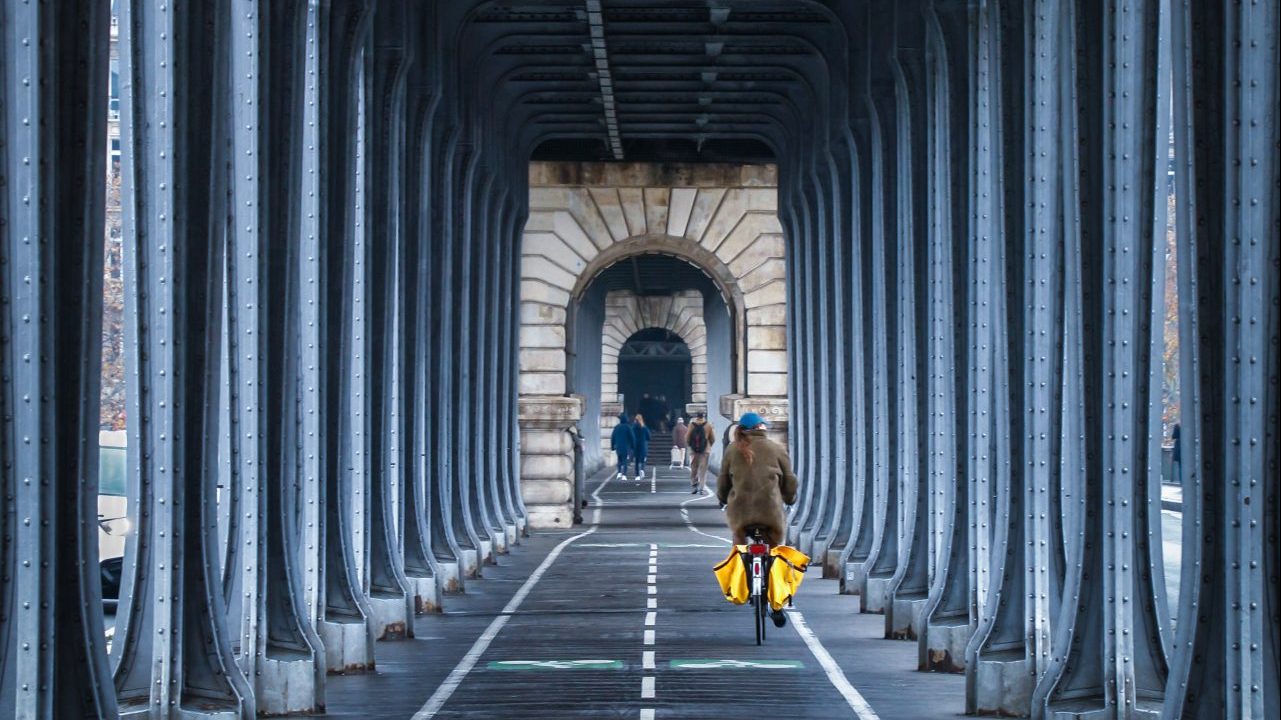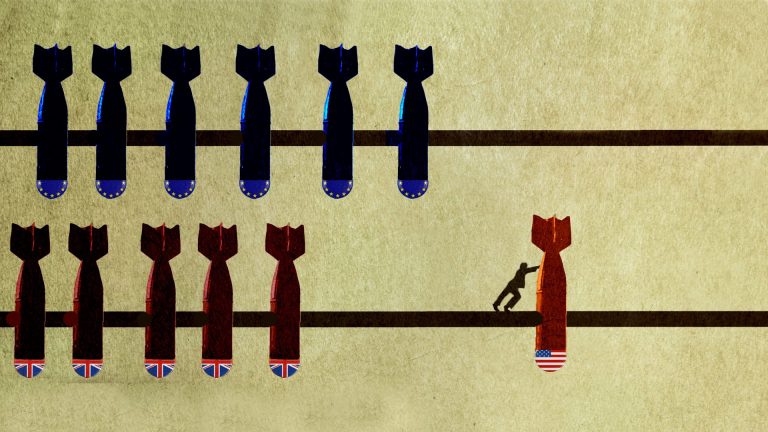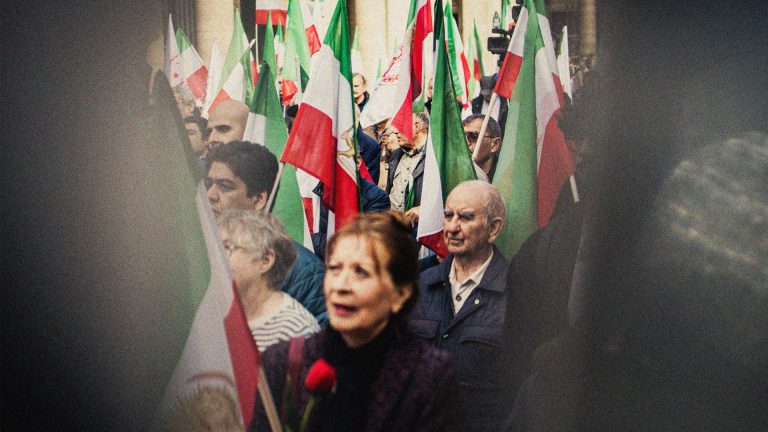Paris is changing again. As the pandemic receded, residents of the capital and tourists alike rediscovered the city, and found it to be considerably more amenable to cyclists than it once had been. Last year, those attending the Olympics and Paralympics were pleasantly surprised to find the metro cleaner, and mostly rid of its formerly persistent urine stench.
Soon, both Parisians and out-of-towners will be able to enjoy a greener, quieter and less polluted city. On Sunday, residents took part in a referendum and 66% of them voted in favour of pedestrianising and “rewilding” 500 streets, to be distributed across the various neighbourhoods. Though the next steps will take time – individual arrondissements’ city halls will now have to identify the suitable roads in their patch – it feels like unalloyed good news.
Paris, unlike London, doesn’t have many parks and substantial green spaces, and any effort to introduce more trees (and fewer cars) to the capital should be applauded. That the referendum even took place is also worth discussing. The votation, as the Mairie de Paris calls it, is a yearly event which was announced in 2020, and is now entering its fourth year.
Though the votes are technically “public consultations”, and thus non-legally binding, they provide Parisians with a chance to have their say on their local areas, and what happens there. The first referendum, held in 2023, asked people if they were pro or anti self-service electric scooters. The answer couldn’t have been clearer: as it turned out, 90% of respondents supported a ban. As a result, the scooters were removed from the streets of Paris.
Last year, Parisians were asked for their opinions on SUVs, and whether to try and curtail their use in the inner city. Again, residents decided that people shouldn’t be encouraged to buy the large, heavy, polluting vehicles, and voted to create a specific parking charge for them, costing triple the amount of regular parking. The vote was closer – only 55% agreed with the motion – but it did pass, and the city carried it out.
On top of Paris-wide questions, the capital’s arrondissements are also welcome to use the votation system as a way to make local decisions. This year, for example, 72% of residents in the 14th arrondissement agreed to launch a food bank in their neighbourhood, while over in the 19th, 58% voted in favour of building a memorial garden for pets. Five other districts voted on their own issues, and every motion passed. Isn’t that neat?
There is, it should be said, one dark cloud hanging over this relatively new initiative. Last week, only 4% of Parisians took part in the referendum, the lowest figure out of the three votes. Mayor Anne Hidalgo, whose brainchild it was, doesn’t seem to have figured out a way to get more people involved, even though the texture of their very neighbourhoods is at stake.
It is a frustrating state of affairs, and is also the line of attack now favoured by the right-wing opposition who have branded the exercise a “sham”. But that doesn’t mean it should be written off. We live in cynical times, and people across the world keep complaining about their governments feeling too distant, and unrepresentative of the very people voting for them.
Any effort to try and bring democracy back to street or neighbourhood level should be seen as a good thing, even if people are still getting used to it. As the Brexit vote showed on our side of the Channel, voters will lash out if they feel they’re not being listened to, and aren’t given a say in how their world is run. Electric scooters, SUVs and pedestrianised streets may not be what national governments rise and fall on, but they can and do change people’s day-to-day lives.
In fact, London’s Sadiq Khan, Manchester’s Andy Burnham and other metro mayors should be looking at Hidalgo and wondering whether something similar could be introduced in their cities. The changes they would bring wouldn’t exactly be life-changing, but, bit by bit, they may give residents the feeling that they are being heard, and their wishes are being respected. It wouldn’t kill populism dead on its own, but really, it should be worth a try.










